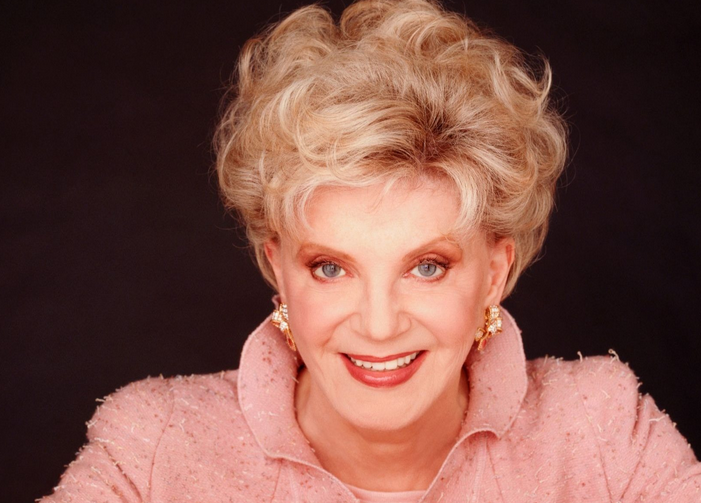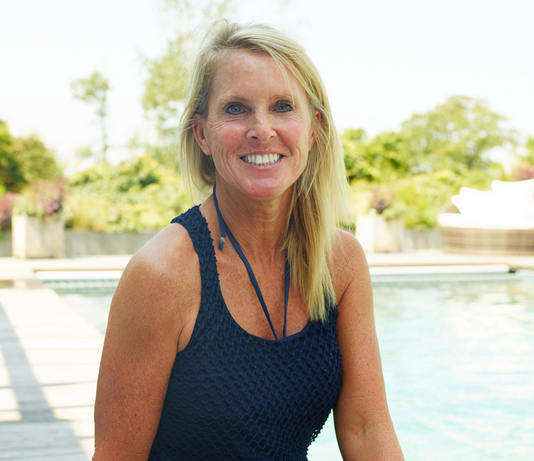Emails from Sparks—who runs the Epiphany School, a Christian academy in North Carolina—obtained by The Daily Beast paint a damning portrait of the bestselling author. Tarpley Hitt with The Daily Beast reports:
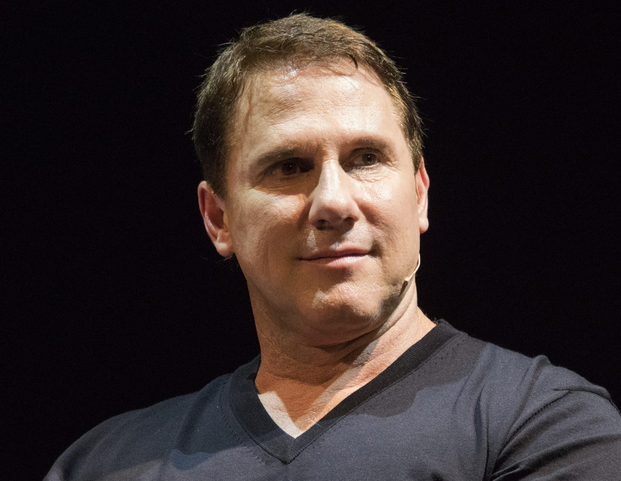
In 2006, Nicholas Sparks, the prolific romance writer best known for The Notebook and A Walk to Remember, helped co-found a prep school in New Bern, North Carolina, called the Epiphany School of Global Studies. The idea was to start a small, faith-based academy focused on world issues with an emphasis on language-learning, regular visits to other nations, and a shared understanding that “learning about the world” was an integral part of 21st-century life. In its mission statement, the school of roughly 500 students describes itself as “anchored in the Judeo-Christian commandment to Love God and Your Neighbor as Yourself.”
But since 2014, members of the Epiphany School’s Board of Trustees, including Sparks, have been locked in a legal battle with the academy’s former headmaster and CEO, Saul Benjamin, over what the latter describes as a pattern of harassment, racism, and homophobia. “Sparks and members of the Board unapologetically marginalized, bullied, and harassed members of the School community,” Benjamin’s attorneys wrote in the complaint, “whose religious views and/or identities did not conform to their religiously driven, bigoted preconceptions.“
Sparks rejected the claims in a 29-page declaration to the court. In a statement on Twitter posted after this article first published, Sparks asserted that reporting on the headmaster’s claims was “not news” and “false,” and that some of the claims against him had been dismissed. (Sparks would not provide The Daily Beast with additional comment for this story.)
But emails obtained by The Daily Beast show the romance writer repeatedly taking issue with Benjamin’s attempts to make the school inclusive to all faiths, races, and sexualities.
In one stern message, Sparks chastised the former headmaster for “what some perceive as an agenda that strives to make homosexuality open and accepted.” In another, he put forward a motion to ban student protest at the school, an impulse that came directly in response to two lesbian girls planning to announce their orientation during chapel. In a third, while listing complaints against Benjamin, he cites “misplaced priorities at the school level (GLBT, diversity, the beauty of other religions, as opposed to academic/curricular/global issues, Christian traditions, etc.).”
Benjamin, whose suit includes claims of defamation, also alleges Sparks spread rumors that he suffered from a mental disorder. The former headmaster told The Daily Beast he has never received any such diagnosis, but in another obtained email, the romance writer laid out a case for diagnosing him, citing forgetfulness and an “obsession” with what he characterizes as “non-relevant” issues. “While I am not a doctor–and as scary as this may sound to you–I do believe that [Benjamin] is suffering from a mental illness of some sort,” Sparks wrote in the message. “What that is–Alzheimer’s, a variance of bi-polar, something else–I have no idea.”
Sparks, a former pharmaceutical salesman-turned-love-chronicler, has published 20 novels to tremendous commercial success. In the Sparks literary universe, handsome, hard-working, and occasionally brusque men tend to encounter waifish, strong-headed women, fall passionately, chastely in love, only to have some obstacle—status, sickness, hidden histories—intervene. Tragedies are common, love usually conquers, and Christian values can often be found in between. All of Sparks’ books have become New York Times bestsellers, with more than 105 million copies sold internationally, and 75 million in the United States alone; and 11 of them have been adapted to film—each a blockbuster hit, grossing a collective three-quarters of a billion dollars. Just this year, the author announced that a musical version of The Notebook—Sparks’ most successful novel and a meditation on love outlasting Alzheimer’s (the same disease Sparks would later suggest Benjamin had)—was slotted for a Broadway run.
Read full post and see emails on The Daily Beast

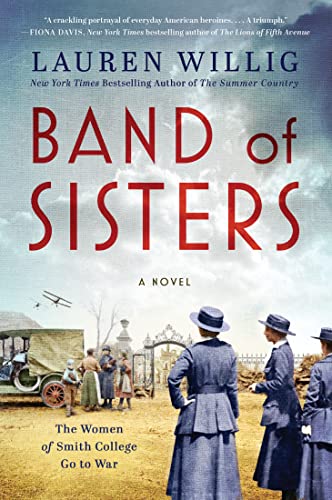

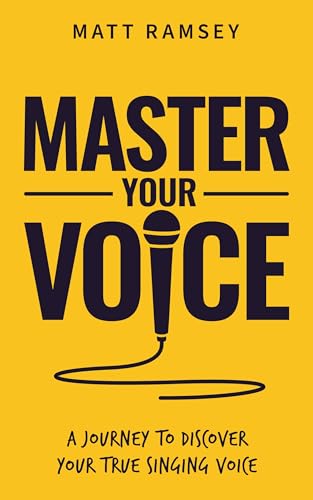

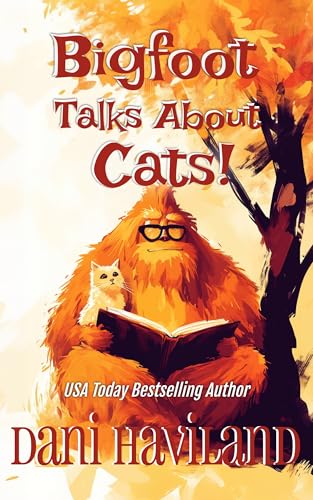
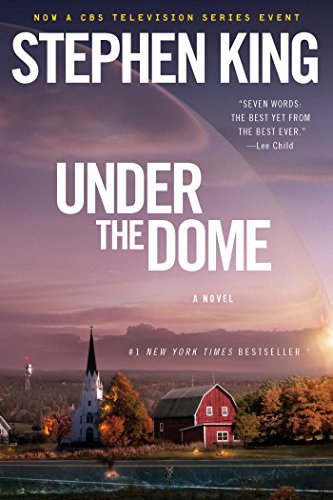
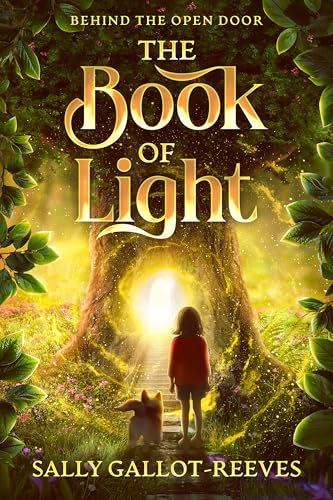


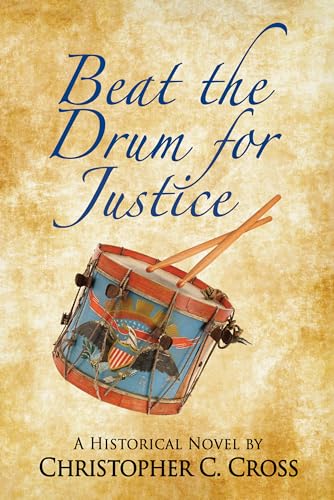
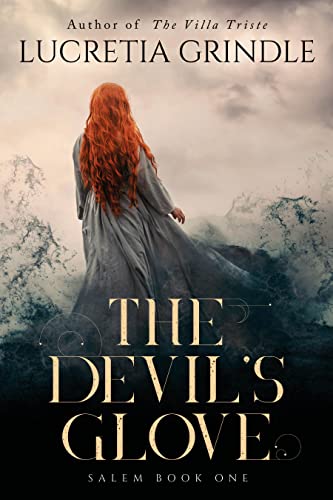
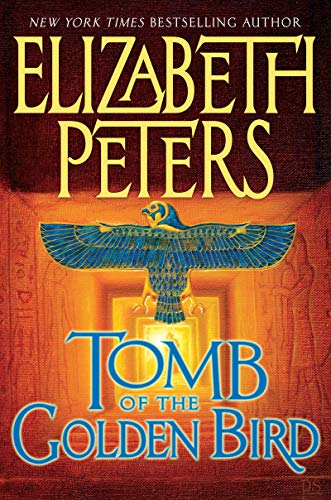

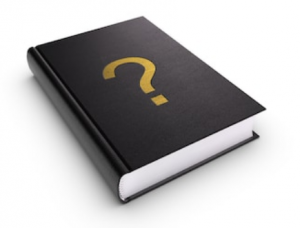
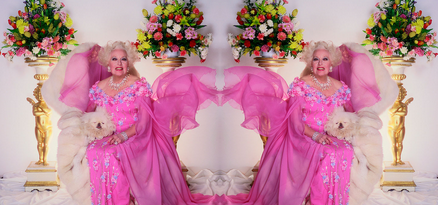
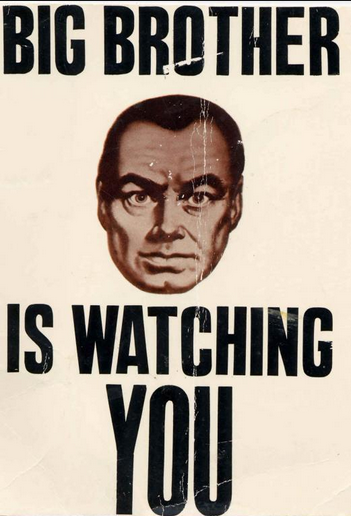


![Night (Night Trilogy) by [Wiesel, Elie]](https://images-na.ssl-images-amazon.com/images/I/41o5wHWimmL.jpg)
![Brave New World by [Huxley, Aldous]](https://images-na.ssl-images-amazon.com/images/I/51Cj3fsiwdL.jpg)
![A Christmas Carol (Puffin Classics) by [Dickens, Charles]](https://images-na.ssl-images-amazon.com/images/I/51Ds-2vVkYL.jpg)
